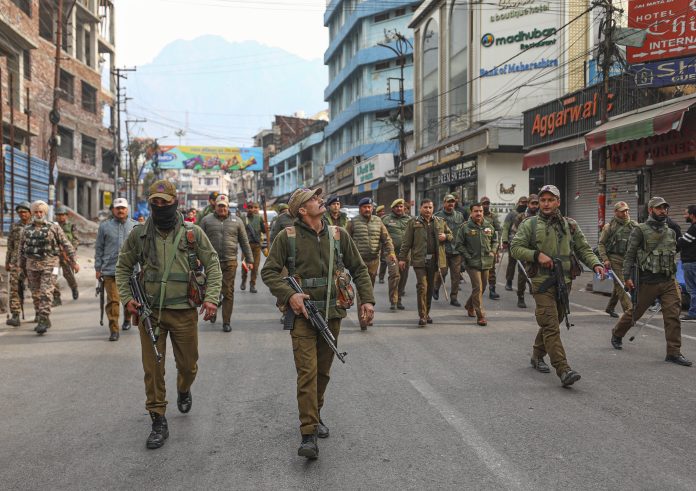
London(Agencies):A former England
boxer who was trafficked from Nigeria as a child and forced into domestic
servitude has won the right to remain in Britain after a 16-year legal battle.
Kelvin Bilal Fawaz, 32, was granted the right to live and
work in Britain for 30 months, after being held in detention centres for months
when the government attempted to deport him to Nigeria, which did not recognise
him as a citizen.
"The decision means that I am free, that I can have
a family, I can start a life," Fawaz, a light-middleweight champion who
has fought for England half a dozen times, told the Thomson Reuters Foundation.
"I don't have to worry about unwarranted arrest and
being taken to a detention centre," said Fawaz, whose parents were from
Lebanon and Benin.
The boxer is among thousands of people trafficked into
modern slavery in Britain, many of whom are are fighting to remain in the country
after being duped into leaving places such as Albania, Vietnam, China, Romania
and Nigeria.
The Home Office did not immediately respond to a request
for comment. It has previously said it had a duty to protect the public by
removing people with criminal records.
Fawaz has multiple convictions for crimes including drug
and driving offences, a result of what his lawyers, Duncan Lewis Solicitors,
described as him "trying to 'fit in' with other boys his age".
Beaten
Brought to Britain aged 14 under the pretence of meeting
his father, Fawaz was forced to become a domestic worker, beaten and prevented
from leaving the house, his lawyers said.
After escaping, Fawaz was taken into local authority
care, and was granted the right to remain in the country until the age of 18.
Multiple applications to stay on as an adult were denied by the Home Office
(interior ministry).
He was twice chosen to represent Britain in the Olympics
but could not attend because of his immigration status.
Fawaz said he was on a bus when he heard the news that
the Home Office had finally granted him leave to remain. He was so overwhelmed,
he got off to kiss the ground.
"I was in shock. I couldn't breathe, I was gasping
for breath ... I started screaming out of joy," he said.
"I knelt down and kissed the floor, I didn't care if
anyone had spat on it or about coronavirus. I knelt down and kissed the floor
and said 'I am British'."
Only a minority of victims who are confirmed as modern
slaves receive a residence permit, allowing them to live in Britain
permanently, according to anti-trafficking charities.
"It has been an incredibly positive outcome for
Bilal, but also serves as a reminder to everyone that there are hundreds of
others, being overlooked all too easily by the government," said Sumbul
Phillips of Duncan Lewis Solicitors.
People who say they have been enslaved enter the National
Referral Mechanism (NRM) and access care, from housing and healthcare to legal
aid, while the government considers their claim. The process can take from six
weeks to several years.
Unable to legally work, trafficking victims live on a
stipend of 65 pounds ($80) a week while awaiting a decision on their case, with
delays leading many vulnerable people to homelessness and fresh exploitation,
anti-slavery groups say.
Now that he has the right to stay in Britain, Fawaz said
he looked forward to competing professionally and winning more titles.
"After 16 years, all of a sudden, within one phone
call everything changed. It's crazy. Now I have to knuckle down, I need to hit
the ground running," he said. "I have faith, I still have that hunger
in me, I have that fire."





No comments:
Post a Comment